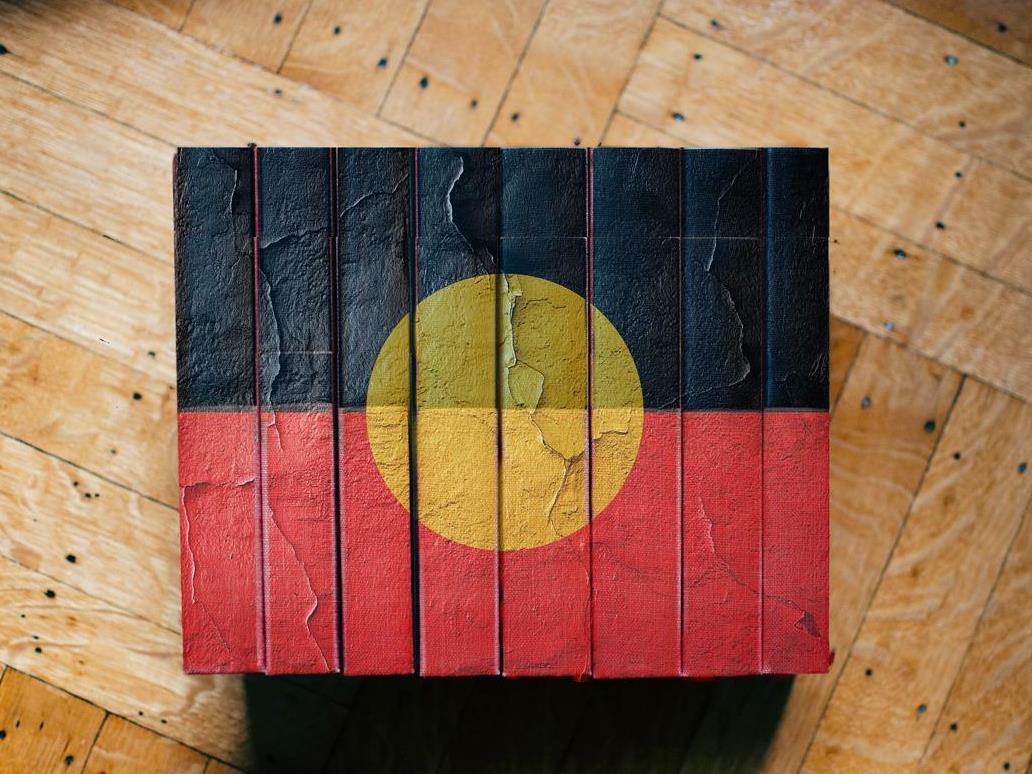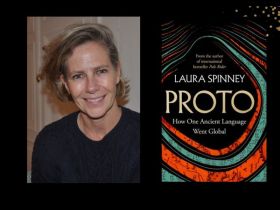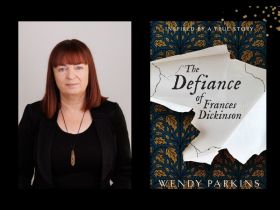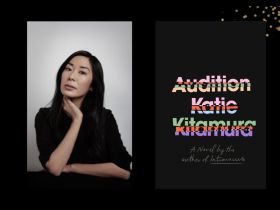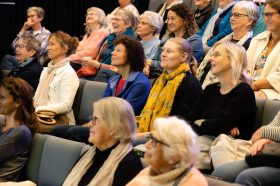Find your own blak books at this year’s festival. Image Unsplash.
In its second iteration Blak and Bright Literary Festival showcases diverse Aboriginal and Torres Straight Islander writers both emerging and established who approach writing and story telling in ways that reflect the multiplicity of our identities.
The dynamic line up is evident of the way blak writing is moving beyond the limitations of mainstream categorisation and into places where story can be dispersed in multiple forms – be it a DJ set, lecture or prize-winning poetry collection. These shifts are emblematic of the ways we are successfully establishing ourselves on our own terms, no longer willing to wait for an invitation to the ‘mainstage’ we create our own.
Curated by Festival Director Jane Harrison descended from the Muruwari people the festival is a testimony to the need for blak led and managed programing offering new and interesting voices that are often overlooked in established industry circles.
The wide-ranging program redefines the way we think about festival curation and the types of experiences audiences usually have.
Featuring rising stars and recent Next Chapter recipients Nayuka Gorrie and Evelyn Araluen to acclaimed poets Yvette Holt and Ali Cobby Eckermann, living legend Lydia Thorpe to academics like Professor Gregory Phillips and charismatic host and all rounder Daniel Browning – the festival creates an expansive pastiche of voices where researchers, community workers, editors, activists, students and writers meet on equal terms.
Free from hierarchies and literary elitism all perspectives blend in both formal and casual ways, which re-centers the way we’ve always done things.
Reading blak
The festival asks not just have you read a blak book lately, but also have you been challenged, laughed, moved or inspired by the many blak books out there?
Books that are both loved and at times continue to go unrecognized in the wider public sphere and literary circles. While many of us seek comfort and inspiration in the variety of blak books, which line our bookshelves making it almost impossible to come up with a definitive list.
There are certain books and authors that everyone should make an effort to read and engage with. From our bigger names Alexis Wright, Melissa Lucashenko, Kim Scott, Samuel Wagon Watson, Aileen Morten Robinson, Anita Heiss, Ali Cobby Eckermann, Oodgeroo Noonuccal, Tony Birch and Bruce Pascoe to the arresting talent of Alison Whittaker, Ellen van Neerven, Kirli Saunders, Lisa Bellear, Jeanine Leanne and Natalie Harkin.
It can feel sacrilegious to draw a list when there is so much work by blak authors that requires reading but these writers are just some of the authors that have created extraordinary work.
Read: Australian writing has a blak past and future
This year alone I’ve been moved by recent releases, Kirli Saunders Kindred, Tony Birch’s The White Girl, Natalie Harkin’s Archival Poetics, Bruce Pascoe’s Salt and Tara June Winch’s The Yield as I anticipate reading Claire G Coleman’s new book The Old Lie.
While last year saw the release of Jeanine Lean’s Walk Back Over, one of my favorite collections in a year that saw other poetry collections like Alison Whittaker’s Blak Work, Charmaine Papertalk Green’s False Claims of Colonial Thieves and a posthumous release of work by Lisa Bellear called Aboriginal Country suggest that blak women as the leading poets of and beyond this country.
Selecting books amongst such a vibrant and diverse peoples is almost impossible but to those who may be new to blak writing or eager to jump into something challenging two books I regularly return to are Bronwyn Carlson’s The Politics of Identity: Who counts as Aboriginal Today and Larissa Behrendt’s Finding Eliza: Power and Colonial Storytelling. In distinctively different ways both books document the ways colonisation have fractured our identities and culture and enabled racist legislative systems to linger far too long.
There is no doubt that Melbourne/ Narrm/ Birrarung-ga will be alive with blak talent this weekend where eager audiences will be lucky to engage with the blak writers and thinkers who will take to the stage with pride and passion. The festival is a reminder to look forward to what is coming and look back at what has been created.
Read, share and re-read our important stories that form the backbone of a country that occasionally still operates in denial. In an era of continuing challenges and uncertainty keep reading our books and take what you learn from this weekend’s festival and push it wherever you can.
Timmah Ball will be appearing at Blak and Bright Literary Festival, 5-8 September in Melbourne.
